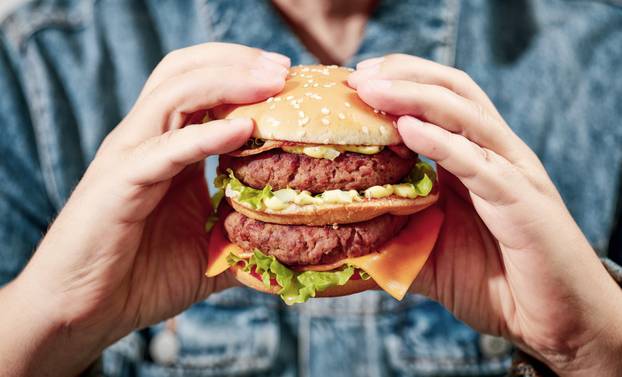Sweating is a natural bodily response to high temperatures, but certain foods can intensify this process. The main cause is the thermogenic effect of food, where heat is released during digestion, raising body temperature and triggering sweating. Foods high in sodium, such as processed meats, salty snacks, and canned foods, can further increase sweating. Additionally, fatty and fast foods, coffee, alcohol, and spicy dishes like chili and curry stimulate sweating. Foods rich in proteins and sugars can also contribute to increased sweating. It is recommended to avoid these foods during summer to reduce discomfort caused by sweating.
Political Perspectives:
Left: Left-leaning sources tend to emphasize the health and wellness aspects of the topic, focusing on how dietary choices impact bodily functions like sweating. They may highlight the importance of natural and unprocessed foods and caution against excessive consumption of processed and high-sodium foods, linking it to broader health concerns.
Center: Center-leaning sources provide balanced information about the physiological reasons behind sweating caused by certain foods. They focus on practical advice for readers on how to manage sweating during hot weather by moderating intake of specific foods and beverages without strong ideological framing.
Right: Right-leaning sources might emphasize personal responsibility and lifestyle choices in managing health issues like sweating. They may also highlight traditional dietary habits and caution against modern processed foods, framing the advice within a context of self-discipline and natural living.














